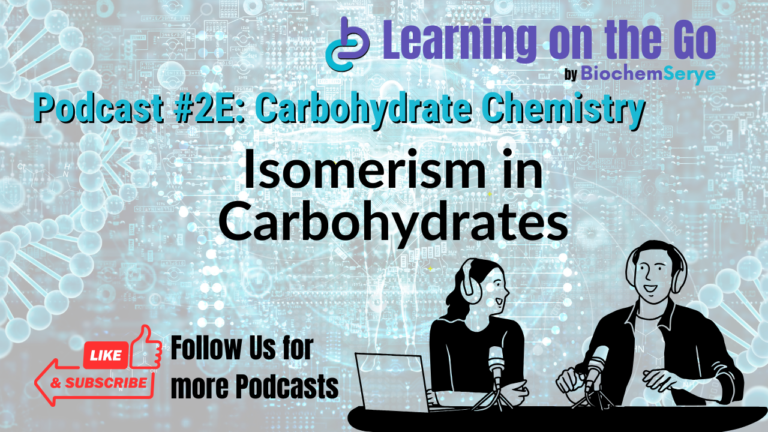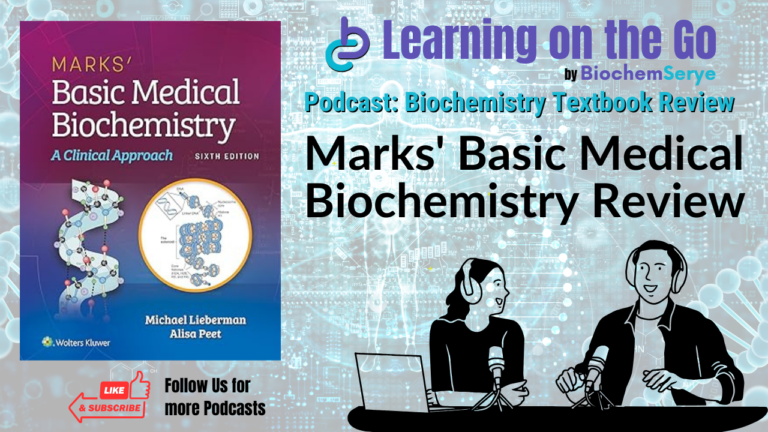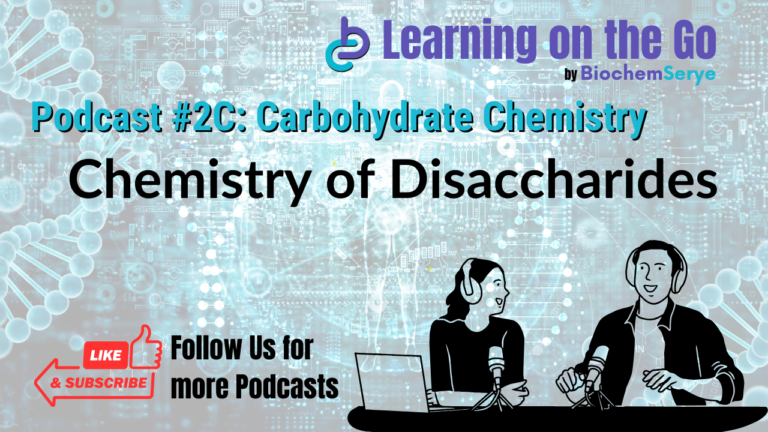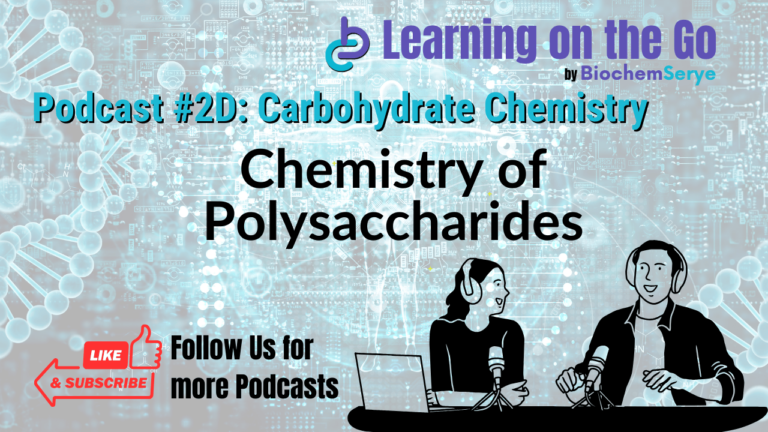Biochemistry and Medicine: A Molecular Perspective
Biochemistry and Medicine interconnection synthesizes concepts regarding biochemistry and its crucial relationship with medicine, drawing from the provided excerpts. Biochemistry is presented not as an isolated discipline but as a fundamental science intimately connected with understanding and maintaining health, treating disease, and advancing biological and medical knowledge.
Biochemistry and Medicine Core Themes and Concepts
Biochemistry: The Molecular Basis of Life
Biochemistry sits at the intersection of chemistry and biology, focusing on large biomolecules like proteins and DNA, their interactions, and the chemical reactions that occur within living organisms. Right in between is biochemistry. This is the domain of large biomolecules like proteins and DNA and the things they can do. Is it essential to understand? You better believe it.
It encompasses studying the molecules in living organisms, their chemical reactions, enzyme catalysts, and the expression and regulation of metabolic processes.
Biochemistry is the science concerned with the molecules in living organisms, individual chemical reactions and their enzyme catalysts, and the expression and regulation of each metabolic process.
Biochemistry is the basic language of all biological sciences. It’s not just human biochemistry; it applies to all life forms.
Intertwined Disciplines: Biochemistry and Medicine

A two-way street connects biochemistry and medicine. Knowledge of the biochemical topics listed above in the green line of the diagram has clarified our understanding of the diseases shown below the green line. Conversely, analyses of the diseases have cast light on many areas of biochemistry. Sickle cell anemia is a genetic disease, and atherosclerosis and diabetes mellitus have genetic components. (From Harper’s Illustrated Biochemistry, 32nd Edition)
Biochemistry and medicine are described as a “two-way street,” a reciprocal relationship where each field informs and advances the other.
Biochemistry and medicine are reciprocal, where each field significantly influences and advances the other. This ‘two-way street’ dynamic means that biochemical studies illuminate aspects of health and disease while studying diseases often uncover new areas of biochemical research.
Biochemical studies illuminate aspects of health and disease, while studying diseases often opens up new areas of biochemical research.
Biochemical studies have illuminated many aspects of health and disease, and conversely, the study of various aspects of health and disease has opened up new areas of biochemistry.
Biochemistry and Health
From a biochemical viewpoint, health is where all intra- and extracellular reactions occur at optimal rates for the organism’s survival.
Maintaining health requires optimal dietary intake of vitamins, certain amino acids and fatty acids, minerals, and water.
Nutrition is intrinsically linked to biochemistry because it studies how molecules break down food (metabolism).
Health maintenance relies on adequate dietary intake of vitamins, certain amino acids and fatty acids, minerals, and water.
Biochemistry and Disease
Diseases often stem from abnormalities in genes, proteins, or biochemical processes. These include genetic disorders, metabolic issues, and imbalances. Many diseases are rooted in abnormalities in genes, proteins, chemical reactions, or biochemical methods.
Biochemical research is critical in identifying the root causes of diseases and developing targeted therapies.
Many diseases, apart from infectious agents and pollutants, are manifestations of abnormalities in these core biochemical processes.
Biochemistry and Therapy:
Biochemistry provides the basis for designing targeted therapies by understanding the specific molecules and pathways involved in a disease.
Pharmacogenomics leverages genomic information to optimize the development of new drugs and drug targets, emphasizing individual genetic makeups.
Biochemical laboratory tests are crucial for disease diagnosis and monitoring treatment effectiveness. Biochemical laboratory tests are integral to disease diagnosis and monitoring the progress of treatment. These tests can assess the levels of certain molecules in the body to determine whether a treatment is working or adjustments are needed.
Personalized medicine, tailored to a patient’s unique genetic makeup, is enabled by biochemistry and genomic research advances.
Gene therapy, though still under development, represents a key future strategy for treating diseases via the manipulation of genes.
The Impact of the Human Genome Project

The Human Genome Project (HGP) has influenced many disciplines and areas of research. Biochemistry is not listed since it predates the commencement of the HGP. Still, bioinformatics, genomics, glycomics, lipidomics, metabolomics, molecular diagnostics, proteomics, and transcriptomics are active areas of biochemical research. (From Harper’s Illustrated Biochemistry, 32nd Edition)
The HGP has significantly advanced biochemistry, biology, and medicine.
It has led to new -omics fields like transcriptomics, proteomics, glycomics, lipidomics, and metabolomics.
The new ‘-omics’ fields focus on comprehensive study of the structures and functions of the molecules with which each is concerned.
These fields focus on comprehensive study of the structures and functions of molecules (e.g., RNA, proteins, carbohydrates, lipids)
The Importance of Basic Chemistry
Understanding biochemistry requires a foundation in introductory chemistry, including the concepts of plus and minus charges and chemical reactions.
As stated in “Introduction to Biochemistry”, “What these large biomolecules do is fundamentally the same stuff we learned in general and organic chemistry, it’s just a bunch of plus and minus charges that make chemical reactions happen.
Without this fundamental knowledge, biochemistry can seem like magic.
Specific Examples
- Sickle Cell Anemia: The understanding of this disease stems from biochemical studies that revealed a single amino acid difference in the hemoglobin protein.
- An early example of how the protein structure and function investigation revealed the single difference in amino acid sequence between normal and sickle cell hemoglobin.
- Inborn Errors of Metabolism: Studies of conditions like alkaptonuria and albinism led to the establishment of human biochemical genetics.
- During the early 1900s, the English physician Archibald Garrod studied patients with the relatively rare disorders of alkaptonuria, albinism, cystinuria, and pentosuria and established that these conditions were genetically determined.
- Familial Hypercholesterolemia: Research into this disease has furthered the understanding of cell receptors and mechanisms of molecule uptake.
- A more recent example was an investigation of the genetic and molecular basis of familial hypercholesterolemia… this provided a deeper understanding of cell receptors and mechanisms of uptake.
- Fermentation: The discovery that a cell-free yeast extract could ferment sugar initiated the science of biochemistry and revealed the vital roles of molecules like ATP, ADP, and NAD(H).
- In 1899, the brothers Büchner discovered that fermentation could occur without intact cells… This discovery unleashed an avalanche of research that initiated the science of biochemistry.”
Biochemistry is fundamental to understanding life, health, and disease. Its relationship with medicine is dynamic and reciprocal, driving advancements in both fields. By providing the molecular basis for understanding biological processes, biochemistry is essential for maintaining health, preventing and treating diseases, and pushing the boundaries of medical and scientific knowledge. The future of healthcare is intrinsically linked to continued progress in biochemistry.
Biochemistry and Medicine Frequently Asked Questions (FAQs)
Check out the common FAQs about the interconnection between Biochemistry and Medicine.
What is biochemistry, and how does it relate to biology and chemistry?
Biochemistry is the scientific discipline that studies the chemical processes within living organisms. It bridges the gap between chemistry and biology, focusing on the structure, function, and interactions of biomolecules like proteins, nucleic acids, carbohydrates, and lipids. While chemistry focuses on the properties and reactions of atoms and small molecules, biology explores life at the cellular and organismal levels; biochemistry examines the molecular basis of biological processes.
Why is biochemistry essential in the context of health and medicine?
Biochemistry is crucial in understanding health and disease because all biological functions and diseases have a molecular basis. It illuminates the chemical processes in the body during both health and disease, allowing for informed approaches to nutrition, disease diagnosis, development of therapies, and preventive medicine. Many diseases arise from abnormalities in genes, proteins, chemical reactions, or biochemical pathways. Biochemistry provides the foundational knowledge to understand and address these issues.
How did the discovery that a cell-free yeast extract could ferment sugar impact biochemistry?
The discovery by the Büchner brothers in 1899 that fermentation could occur in a cell-free extract of yeast was a pivotal moment in the history of biochemistry. This challenged the prevailing view of the time and demonstrated that fermentation could occur without needing intact cells. This discovery opened the door to studying individual biochemical reactions outside of the cellular environment. It led to discovering key metabolic intermediates and pathways, such as glycolysis.
How have advances in genetics, such as the Human Genome Project, influenced the field of biochemistry?
Advances in genetics, notably the Human Genome Project (HGP), have profoundly impacted biochemistry by providing the complete sequence of the human genome. This has accelerated the identification and study of genes and their protein products, leading to new “omics” fields such as transcriptomics, proteomics, and metabolomics. These techniques allow for a more comprehensive study of the molecules within living organisms, including gene expression and protein function, which have deepened our understanding of human disease and biological processes. The ability to manipulate the genomes of model organisms like yeast, fruit flies, and roundworms provides valuable insights into human gene function and disease mechanisms.
How does the study of diseases advance our understanding of biochemistry?
The study of diseases can reveal fundamental aspects of biochemistry. For example, investigating diseases like sickle cell anemia and familial hypercholesterolemia has led to discovering specific protein, receptor functions, and molecular pathways. We can gain insights into normal biochemical processes by studying these disease states. Diseases often reflect alterations in biomolecules, reactions, or pathways, allowing scientists to trace these alterations back to basic biochemical principles. The feedback loop where the study of disease illuminates basic biochemistry is a major avenue of progress.
What are some examples of -omics fields, and what do they study?
The “-omics” fields are branches of biochemistry that focus on the comprehensive study of biological molecules. Some key examples include:
Genomics: Studies the structure and function of an organism’s complete set of genes (the genome).
Transcriptomics: Studies the complete set of RNA transcripts (the transcriptome).
Proteomics: Studies the complete set of proteins (the proteome).
Metabolomics: Studies the complete set of small molecules involved in metabolism (the metabolome).
Glycomics: Studies the complete set of carbohydrates (the glycome).
Lipidomics: Studies the complete set of lipids (the lipidome).
What is the role of basic chemistry in understanding biochemistry, and what prior knowledge is required to study it?
Biochemistry relies heavily on fundamental principles of chemistry, particularly organic chemistry. The large biomolecules in biochemistry (proteins, nucleic acids, etc.) comprise many atoms linked together via chemical bonds. Electronegativity and basic chemical reactions, including acid/base, oxidation/reduction, and various covalent mechanisms, are fundamentally governed by these bonds. Therefore, a solid foundation in introductory chemistry is essential for understanding the chemical interactions, reactions, and properties of biomolecules. These concepts, such as functional groups, reactivity, and charge, underlie the processes of metabolism, enzyme activity, and gene expression.
Beyond health and disease, what are some broader applications of biochemistry?
Biochemistry has a broad range of applications beyond medicine. These include:
Nutrition: Understanding the biochemical roles of nutrients is crucial for developing optimal diets and addressing nutritional deficiencies.
Biotechnology: Biochemistry forms the foundation for genetic engineering, drug development, and the production of biofuels and other bio-based products.
Agriculture: Understanding plant biochemistry is vital for crop improvement and pest management.
Environmental science: Biochemists play a critical role in understanding the effects of pollutants and developing bioremediation methods.
Synthetic Biology: Biochemistry underlies the new science of synthetic biology, where living organisms are engineered from scratch for various applications.
Glossary of Key Terms for Biochemistry and Medicine
- Biochemistry: The scientific study of the chemical processes and substances that occur within living organisms, including molecules, reactions, and metabolic pathways.
- Metabolism: The chemical processes that occur within a living organism to maintain life, including the breakdown of molecules (catabolism) and the synthesis of molecules (anabolism).
- Enzyme: A biological catalyst (usually a protein) that speeds up specific chemical reactions in cells, making life processes possible.
- Gene: A unit of heredity that is transferred from a parent to offspring and is held to determine some characteristic of the offspring; it is made up of a specific sequence of DNA.
- Genome: The complete set of genetic material in an organism, including its genes and their regulatory sequences.
- Human Genome Project (HGP): A global scientific endeavor to map and sequence the entire human genome, revolutionizing multiple fields of biological study.
- Transcriptomics: The study of the complete set of RNA transcripts (the transcriptome) produced by the genome under specific circumstances.
- Proteomics: The study of the complete set of proteins (the proteome) an organism produces, including their structures, functions, and interactions.
- Glycomics: The systematic study of all carbohydrates (the glycome) in an organism, including simple and complex forms.
- Lipidomics: The study of all lipids (the lipidome) present in an organism, including their structures, functions, and interactions in health and disease.
- Metabolomics: The study of the complete set of small molecule metabolites (the metabolome) present in an organism, including their structures, functions, and changes in various metabolic states.
- Bioinformatics: An interdisciplinary field that develops and uses computational methods and software tools to analyze and interpret biological data, such as DNA, RNA, and protein sequences.
- Pharmacogenomics: The study of how an individual’s genetic makeup affects their response to drugs, used to tailor treatments for better efficacy and fewer side effects.
- Systems Biology: The holistic study of biological systems as integrated entities rather than as isolated parts, often involving mathematical and computational methods.
- Gene Therapy: A technique that uses genetically engineered genes to treat various diseases, typically by correcting the underlying molecular defects.
- Molecular Diagnostics: Refers to the use of molecular approaches such as DNA probes to assist in the diagnosis of various biochemical, genetic, immunologic, microbiologic, and other medical conditions.
- Inborn Errors of Metabolism: Genetic disorders in which the body cannot properly convert food into energy due to defects in specific enzymes or metabolic pathways.
- Nutrigenomics: The systematic study of the effects of nutrients on genetic expression and the impact of genetic variations on the metabolism of nutrients.
- Synthetic Biology: The field that combines biomolecular techniques with engineering approaches to build new biological functions and systems.
- Bioengineering: The application of engineering to biology and medicine.
- Bioethics: The area of ethics concerned with applying moral and ethical principles to biology and medicine.
- Biophysics: The application of physics and its techniques to biology and medicine.
- Biotechnology: The field in which biochemical, engineering, and other approaches are combined to develop biological products used in medicine and industry.
- Stem Cell Biology: Stem cells are undifferentiated cells that have the potential to self-renew and to differentiate into any of the adult cells of an organism. Stem cell biology concerns the biology of stem cells and their potential for treating various diseases.
- Nanotechnology: The development and application to medicine and to other areas of devices such as nanoshells, which are only a few nanometers in size (10–9 m = 1 nm).






